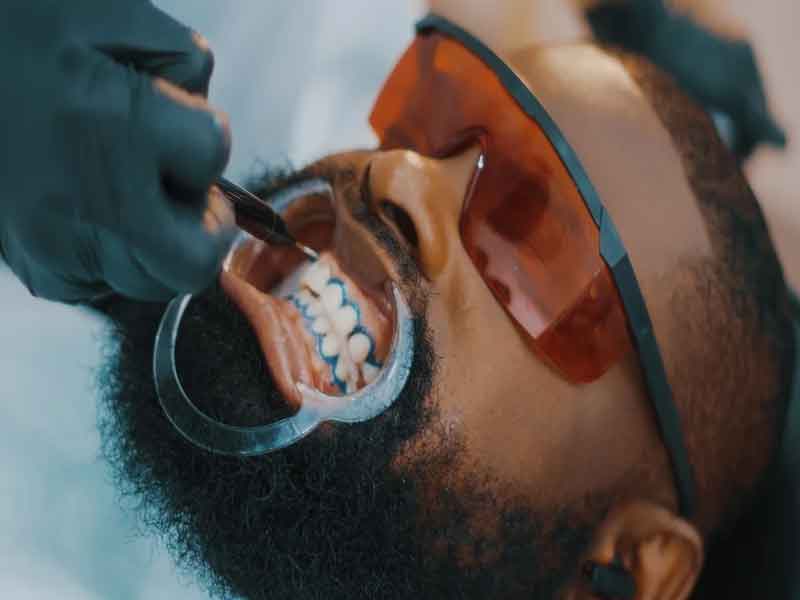Myths About Teeth and Dental Hygiene

Although it is important to be educated on oral health, there are a lot of common myths that people believe regarding oral health and teeth in general. Believing health myths can negatively impact one’s oral health. Firstly, many people believe that you have to brush your teeth immediately after eating. Contrastingly, brushing your teeth right after eating might actually cause more damage to your teeth than just leaving them be right after eating. Your teeth enamel provides a protective layer on your teeth. Enamel’s strength is a great barrier to any potential outside defectors since it’s the hardest substance in your body. Acids can damage your enamel due to its ability to soften it and leave it at the weakest state right after you eat. Once the enamel is weakened by acids, brushing with any kind of toothbrush can damage your enamel in the long term. Saliva does most of the heavy lifting by naturally washing away food particles and provides the enamel with the protection it needs. Saliva is known as an antibacterial substance which in hand reduces the acidic level in your mouth. If you do want to brush your teeth shortly after eating, it is best recommended to wait at least 30 minutes after a meal. Furthermore, brushing twice a day for two minutes at a time is recommended.
Secondly, another common myth is that the harder you brush your teeth the cleaner they will be. Although your teeth are very hard, they are surrounded by sensitive gums. Brushing hard can lead to gum recession which cannot be reversed. When your gums recede, your soft enamel is exposed to bacteria which then is given access to all the food remnants that one wasn’t able remove with brushing. Not only that, but gum recession can result in increased tooth sensitivity due to exposing the tooth’s nerve. When brushing, make sure not to be heavy handed and to brush is delicate, circular motions.
Another myth that is commonly by the masses are that white teeth are healthier than yellow teeth. Everyone’s enamel color is different and isn’t necessarily an indicator of oral health. One can whiten their teeth but it doesn’t get rid of cavities or infections. Furthermore, there is a common myth going around that teeth cavities are inherited. When in reality most cavities are 100% preventable by having a consistent and reliable oral care routine.
